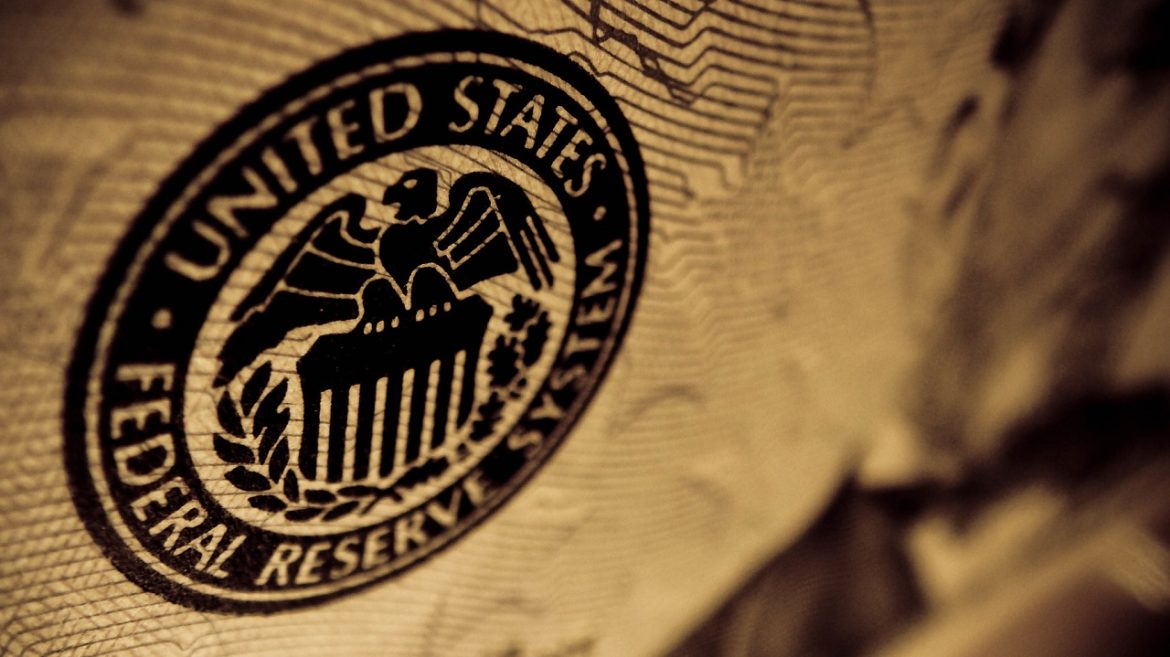Gold has all the potential to go unprecedentedly high. But silver will be gold on
Site:
Precious metals news
Short sellers are adding to their positions while other investors are scooping up options contracts that would pay out if the recent declines in the stock and bond markets worsen.
Treasuries led losses in global bond markets as inflation concerns, stoked by soaring oil prices, overshadowed any haven bids on the back of Russia-related tensions.
Hungary’s central bank will continue raising interest rates after government-imposed price caps on everything from food to fuel failed to slow inflation.
 Hungary's Central Bank Hikes Rates by 50 BP, Sees Inflation Rising Further
Hungary's Central Bank Hikes Rates by 50 BP, Sees Inflation Rising FurtherFeb 22, 2022 - 08:05:30 PST
Hungary's central bank raised its base rate by 50 basis points to 3.4% on Tuesday, as expected, after consumer prices grew at their fastest rate in almost 15 years in January and mounting Ukraine-Russia tensions fuelled market uncertainty.
Brazil's central bank chief Roberto Campos Neto said on Monday consumer prices continue to trend higher as core inflation speeds up despite aggressive monetary tightening by policymakers. "We actually see an inflation trend that is still growing," he said in an online event hosted by television channel AgroMais.
Despite being better known to younger investors for his bearish bets on Tesla, Greenlight Capital's David Einhorn remains a hero to value investors, an investing theme that's coming back into vogue following the most recent tech wreck and the twilight of the ZIRP environment. Most famous for shorting Lehman brothers just before its collapse, Einhorn shared some insights into his current market outlook during a recent RealVision interview with Larry McDonald, author of the Bear Traps report.
Feb 22, 2022 - 07:56:14 PST
Biggest dollar-plunge ever and one of the biggest percentage-plunges.
Projected rate hikes and expectations of the speed of central-bank balance-sheet contraction are ambitious and unlikely to be realized, with or without the threat of conflict between Russia and Ukraine. Yields look stretched and yield curves should soon face re-steepening pressure.
Feb 22, 2022 - 07:52:07 PST
The S&P CoreLogic Case-Shiller National home price index remained HOT in December, growing at a 18.84% pace. M2 Money YoY is still smoking at 13.11%.
Feb 22, 2022 - 07:50:20 PST
As US/Russian tensions grow over Ukraine, The Federal Reserve may be forced to postpone or reduce planned rate increases and balance sheet trimming.
Feb 22, 2022 - 07:48:16 PST
In January 2020, just prior to the COVID outbreak in the US, the Case-Shiller national home price index was growing at 4% YoY, the Zilliow rent index (all homes) was growing at 2.92% YoY and REAL average hourly earnings were growing at 0.52% YoY.
Following January's dip (after 3 months of modest rebounds), The Conference Board's Consumer Confidence survey was expected to weaken further in February amid ongoing Omicron restrictions and higher-and-higher consumer prices.
Feb 22, 2022 - 07:43:27 PST
It is truly a miserable time for many Americans as demonstrated by the Misery Index (inflation rate + unemployment rate). But rather than using the CPI YoY measure at 7.5%, I am using the FLEXIBLE CPI YoY to compute the misery index. And is it ever miserable!
Inflation is smoking hot. As measured by the consumer price index, the inflation rate is at 7.5%. And the cooked government CPI number understates inflation.Peter Schiff says the inflation tsunami is just getting started. The Fed is talking about an inflation fight, but it's more likely to drive the US economy into a recession. And Schiff says that will make inflation even worse.The Fed is supposed to make the economy more stable. But it's clear the real impact is the exact opposite. The Fed causes great harm. And as Ron Paul pointed out in a recent article, it hurts the average American worker the most.
According to numbers released by the US government, consumer prices have increased by 7.5 percent in the past year, the steepest increase since 1982. The actual price increases are even worse than the government numbers suggest, given that the “official” statistics are manipulated to understate the real rate of price increases.
It’s been a volatile start to the week for global equities, and that’s even before U.S. markets begin trading following a holiday-extended weekend.
The markets seem to be anticipating a Fed inflation fight. They also seem to be realizing that this is going to cause a recession. But they still haven't come to grips with the fact that this is not going to fix the inflation problem. In his podcast, Peter Schiff argues that the recession will actually end up making inflation worse.
Gold has had a positive start to the year, outperforming bonds and stocks as skittish investors scour the market for safe places to stash their cash.
How much inflation is okay? People have different answers. I think it should be very low, but definitely positive to forestall deflation. Whatever your ideal may be, there’s a range of possibilities that would at least satisfy you.
\Oil and gold led a broad rally in commodities after Russian President Vladimir Putin announced that he’s recognizing two self-proclaimed separatist republics in eastern Ukraine and plans to send “peacekeeping forces” to the region in a dramatic escalation of the conflict.






















